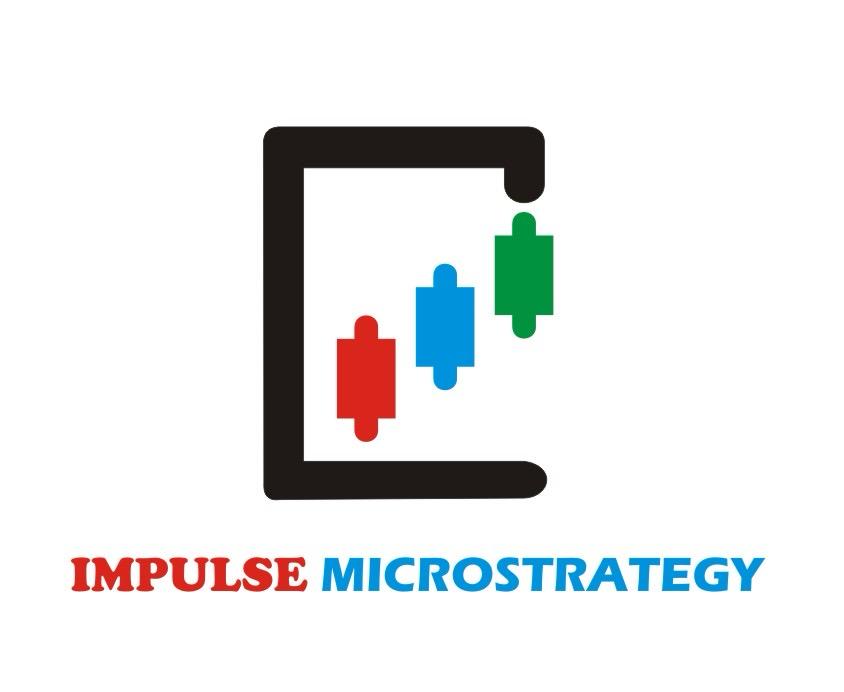- May 25, 2023
- by Webmaster
- Uncategorized
- 2730 Views
- 0 Comments
Do not open your broker account before reading this article
If you're interested in entering the world of investments but uncertain about where to start, chances are you've dedicated some time to researching “how to set up a brokerage account” online.
So, what exactly is a brokerage account? And what does it entail to open one?
A brokerage account grants you access to the stock market, enabling you to purchase and sell stocks, bonds, ETFs, and mutual funds, with the aim of growing your wealth (while assuming risks).
Brokers essentially serve as intermediaries between you and your investments. They hold the funds you use for investing and can execute trades on your behalf. Additionally, many brokers offer comprehensive investment planning services, ranging from personalized guidance to market insights.
Investors should be aware that they may be liable to pay taxes on their earnings. When selling stocks and withdrawing earnings, you have the freedom to do so whenever you choose. However, during tax season, you'll need to fulfill your tax obligations on the income or dividends generated. This is why brokerage accounts are often referred to as “taxable accounts.”
Here are the fundamental aspects that every individual should know when embarking on the journey of opening their first brokerage account.
Procedures for opening a brokerage account
You don't require a significant amount of time or money to open and finance a brokerage account. Creating a new account online usually takes around 10 minutes. Typically, you'll complete an online form providing details about your job, net worth, investable assets, investment objectives, as well as your basic personal information like your driver's license and Social Security number.
To fund your account, you'll need to transfer money from a connected bank account, such as your checking or savings account. It may also be possible to wire transfer funds, deposit a check, or transfer investments from another broker.
The broker might inquire whether you prefer a cash account or margin account. A margin account functions somewhat like a loan, where the broker lends you money for trades and you pay interest. On the other hand, a cash account means you finance your account using your own money.
Investors can have as many brokerage accounts as they desire, and there are no restrictions on how much money you can deposit into your taxable brokerage account each year.
Points to consider when opening a brokerage account
Be aware of fees when setting up a brokerage account. However, additional fees may apply for services such as management and consulting. Also, note any costs associated with trading other assets such as mutual funds, ETFs, bonds, and options.
Most brokers have a minimum deposit requirement to open an account.
What happens if you don't know much about investing?
1 – Lack of informed decision-making: Without understanding the intricacies of investing and the role of brokers, you may struggle to make well-informed decisions regarding your investments. This can result in suboptimal choices or missed opportunities for growth.
2 – Increased risk: Investing without proper knowledge can increase the risk of making poor investment decisions or falling victim to scams and fraudulent activities. Lack of understanding about brokers may lead to selecting unreliable or untrustworthy brokerage services.
3 – Missed investment opportunities: Brokers possess expertise and insights into the market, allowing them to identify potential investment opportunities. If you lack knowledge about brokers, you might miss out on valuable investment prospects that could help grow your wealth.
4 – Inefficient portfolio management: Brokers can assist in managing and diversifying your investment portfolio based on your financial goals and risk tolerance.
5 – To mitigate these risks, it is advisable to educate yourself about investing and brokers. Take the time to research and learn about different investment strategies, asset classes, and the services offered by brokers. Additionally, consider consulting with a financial advisor who can provide guidance and help you make informed decisions.
End of Conversation
In summary, establishing your initial brokerage account marks an exhilarating milestone in your investment venture. By placing your funds in the market, where they can benefit from compound interest, you have the opportunity to truly grow your wealth. However, before delving into investments, it's important to assess your overall financial situation. Ensure that your debts are manageable, you are contributing to a retirement account, and you have an emergency savings fund. Crucially, it is essential to comprehend the risks involved and still maintain a sense of comfort with investing.












